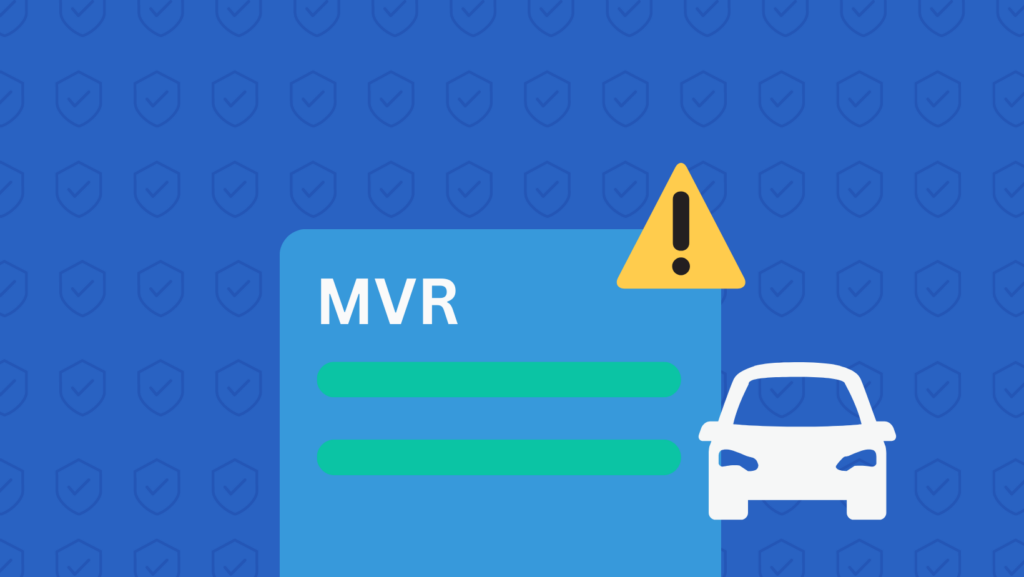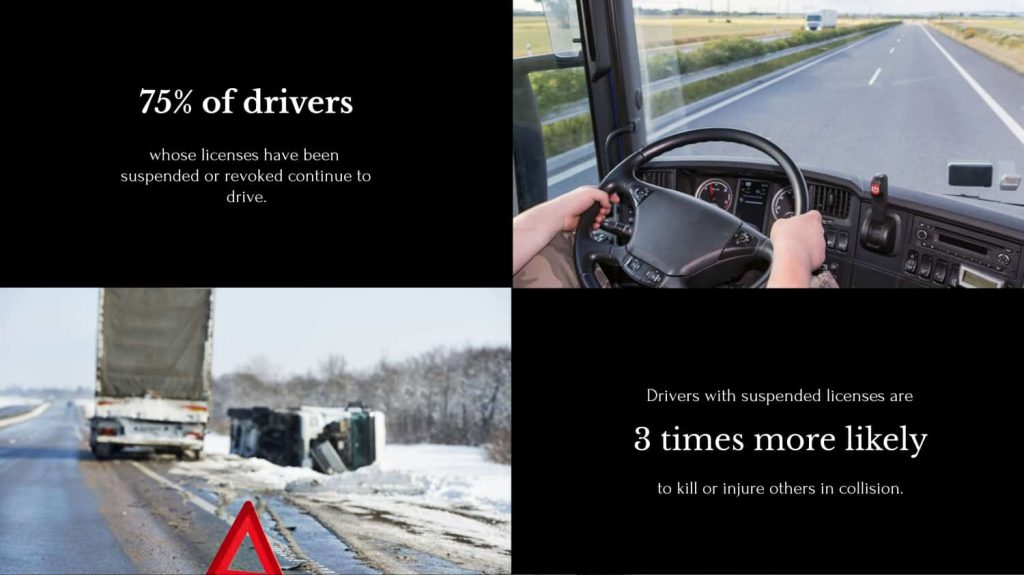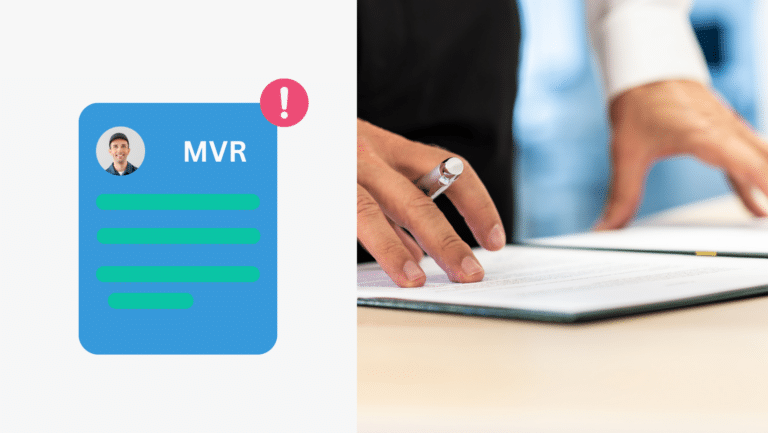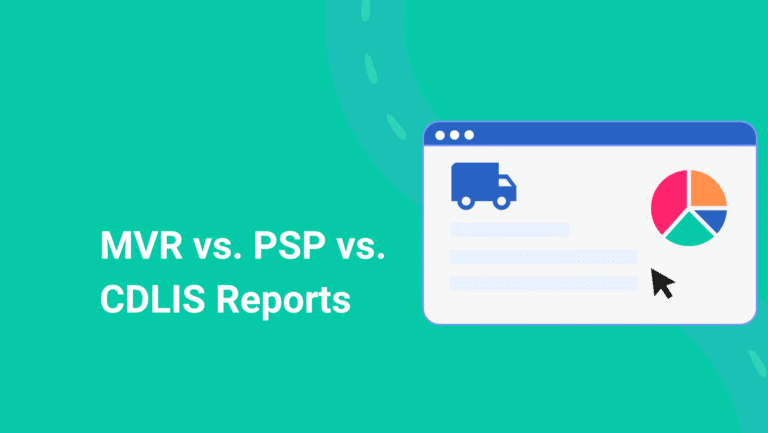3 Reasons Why Driving Records Are Obsolete

Driving record pulls are like pay phones, floppy disks and dial-up Internet – they’re obsolete. Yes, fleets can still obtain annual MVRs. And yes, you can still pay to get Internet through a landline phone. But why would you when there are better, more innovative options available?
Many fleets may be unaware of the need for continuous MVR monitoring. It’s time to clear up the confusion and trade the horse and buggy for a smarter, more intelligent MVR solution.
Driving Records: A Snapshot In Time
1. Too Little, Too Late
Fleets come in all shapes and sizes, but their habits are all too similar. Many choose to pull driving records just once every 12 months. That may sound good on paper, but what about the other 364 days in the year? How can any company be sure that its employees are behaving appropriately without the ongoing monitoring of driver records?

“If a trucking company doesn’t get the required information, or obtains it and doesn’t utilize it, or ignores it – or just doesn’t understand the significance – then certainly that’s going to be discoverable,” said James Franklin, an attorney at McNees in the Transportation, Distribution & Logistics group. His work includes accident litigation and regulatory compliance.
“If there’s something that’s missed,” he added, “if the driver’s history indicated that he or she may not be a safe, that’s something that a plaintiff or plaintiff’s attorney will try to make an issue.”
More than 60% of all drivers surveyed admitted to speeding, running red lights or texting while driving. Some of these individuals could go on to operate a commercial vehicle. How can any fleet be sure it isn’t hiring from that group without using a proper driver record monitoring solution?
2. Not Knowing Is Not An Excuse
“There are some situations where a claim can be brought against the trucking company under direct causes of action: negligent entrustment, negligent hiring, negligent retention,” said Franklin.
In the case of negligent entrustment, it is perceived that a company knew or should have known about an issue but allowed a driver to operate a vehicle anyway. Under the negligent hiring theory, the company should not have hired the individual in the first place. Similarly, negligent retention occurs when a company fails to discharge a bad employee.
“Vicarious liability [is] not a direct negligence claim, instead it’s vicarious,” Franklin explained. “You as a trucking company are responsible – not because you did something directly wrong but because someone for whom you’re responsible (i.e., your employee/truck driver) did something wrong. They were negligent and caused an accident.”
3. Effort Does Not Equal Results
Some managers may be tempted to follow the most basic guidelines possible. But it is both risky and dangerous to employ a check-the-box approach to driver safety. Without continuous MVR monitoring, fleet operators won’t have access to frequent driver license suspension and violation updates that could prevent deadly accidents and costly lawsuits.
“There may also be difficulties that arise with the Federal Motor Carrier Safety Administration if a carrier is not [conducting the] necessary background checks on a driver,” Franklin warned. “That can be problematic from a regulatory compliance issue.”
Today’s companies have access to endless amounts of data, providing new insights about current and prospective hires. If they don’t use that information, connect the dots between sources, and develop a comprehensive driver safety program, the data will go to waste. It’s time for fleets to take action and look for a partner that offers them smarter solutions to monitor their drivers on a regular basis.
Want to learn more about MVR Monitoring vs. Annual MVRs? Download our Case Study or contact us to schedule a demo.

Learn More
Embark Safety has been in business for over 10 years. We are honored to be among the 2020 INC 5000 Series, as one of Florida’s fastest-growing MVR monitoring companies. Our Continuous Driver Record Monitoring System ensures that employees have valid licenses all the time. System notifies managers when drivers receive new violations, suspensions, DUIs, revocations, license and medical certificate expirations.
*We are not lawyers. Consult with your legal counsel to ensure your processes and procedures meet/ or exceed safety standards and compliance regulations. Please read our legal disclaimer.






